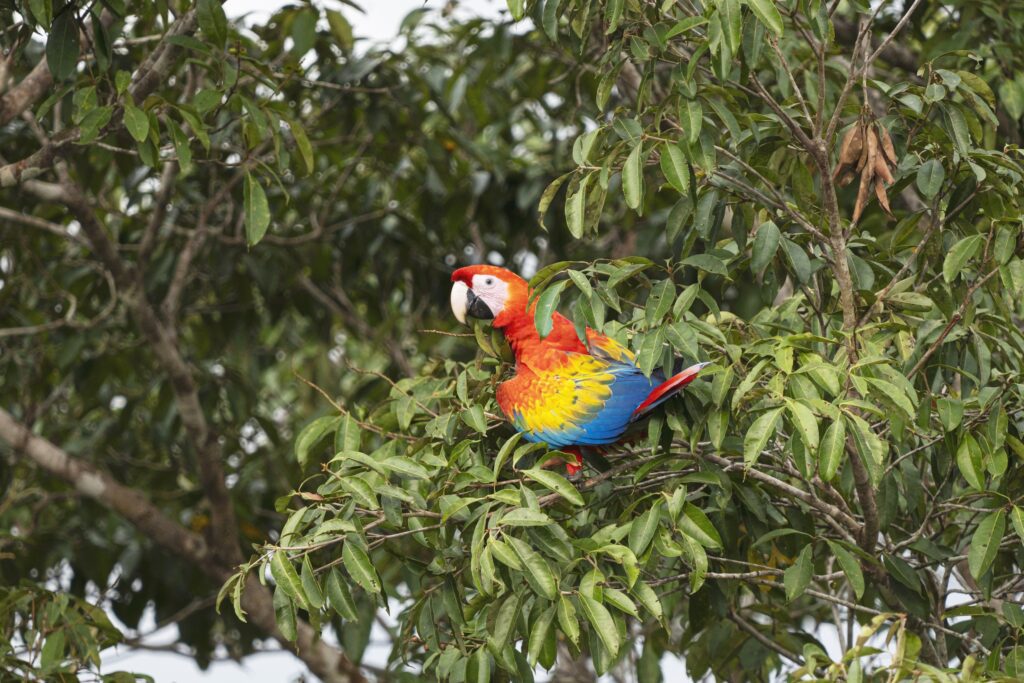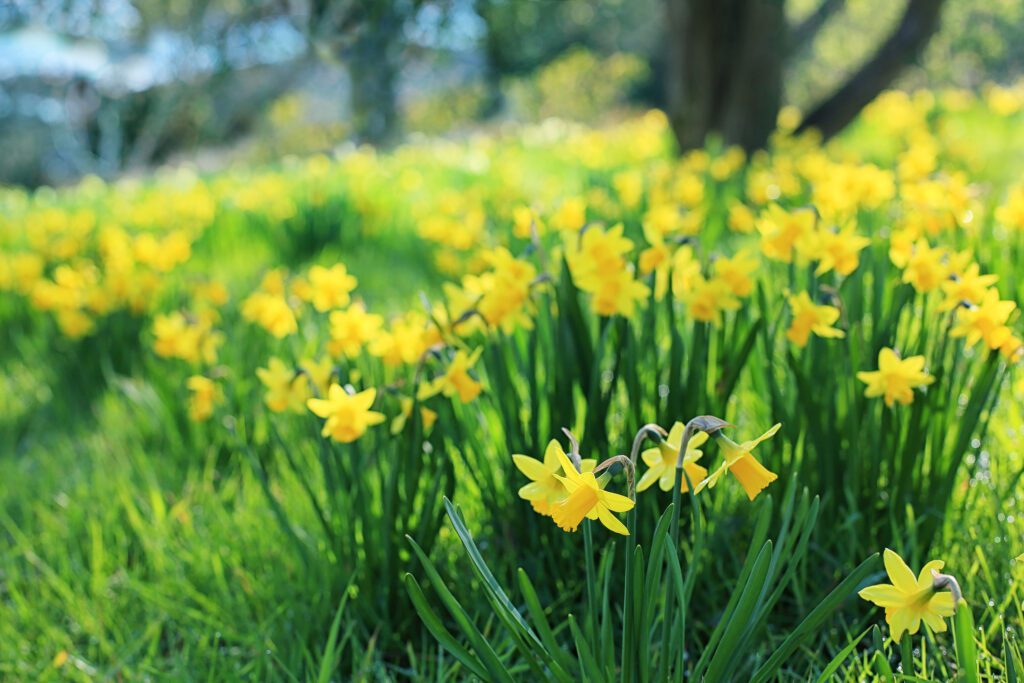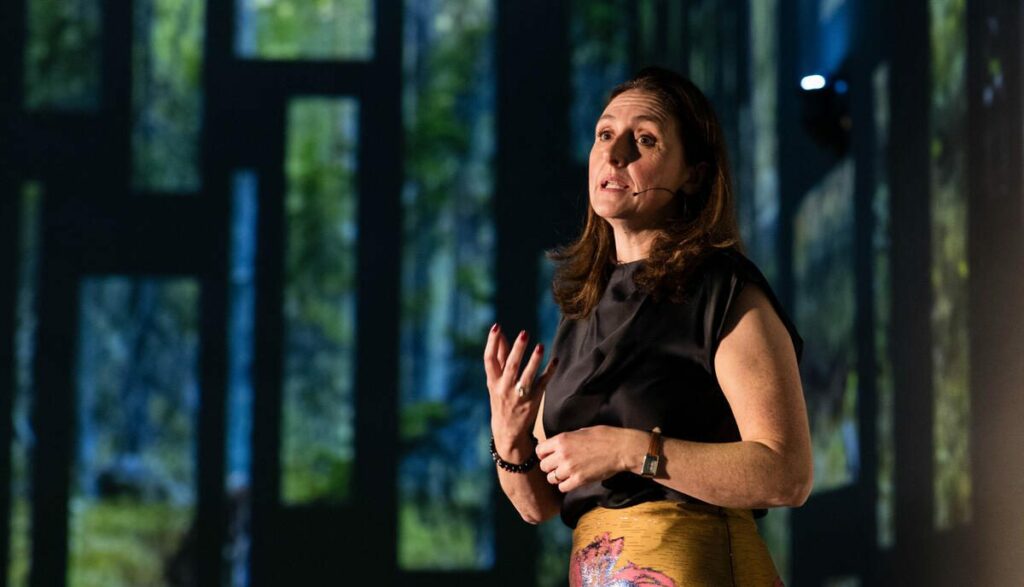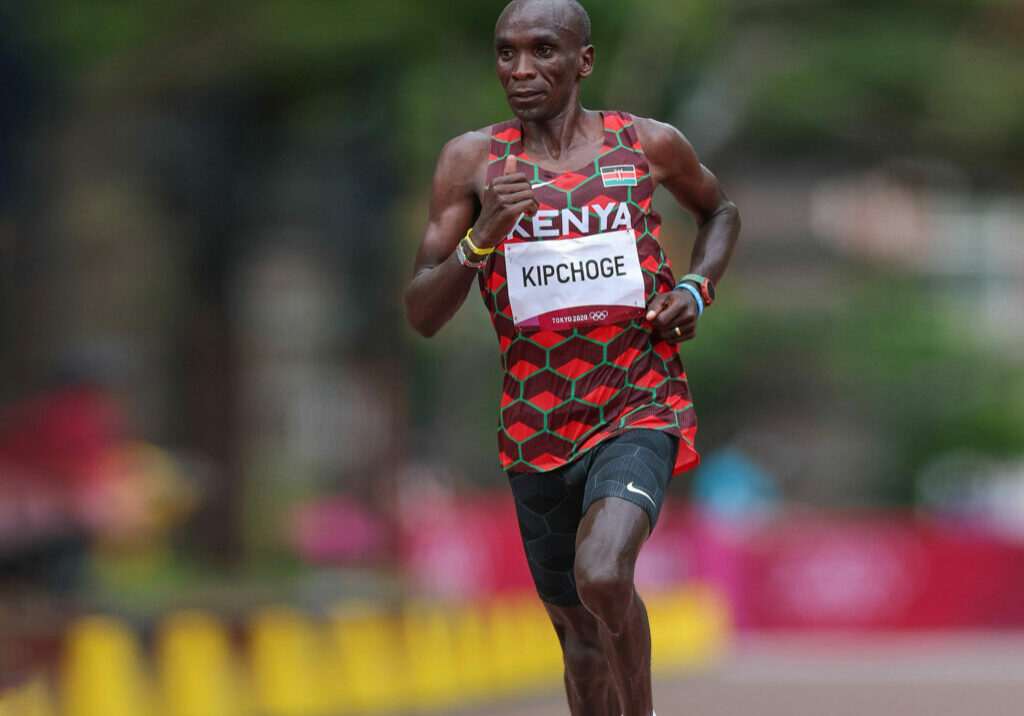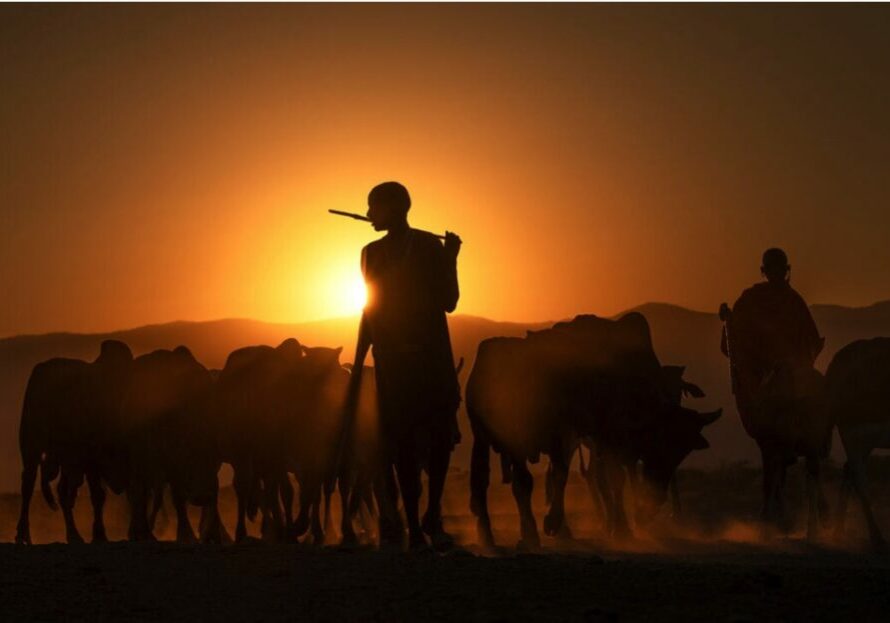Communities living around Rwanda’s Volcanoes National Park have limited sources of water. Only a few years ago, women and girls would often have to trek long distances into the park to fetch water.
Sometimes, this led to dangerous encounters with wild animals like buffaloes. It also risked disturbing the park’s most celebrated residents – mountain gorillas.
Back in 2009, our partners at the International Gorilla Conservation Programme (IGCP) trained 20 women and five men from a local cooperative called Imbere Heza (which means ‘better future’) to construct rain-harvesting water tanks.
Since then, the people who received the training have installed more than 600 water tanks in communities surrounding the protected area. As well as constructing the tanks, the cooperative members talk to families about hygiene and conservation.
“When we hand over the tanks, we explain that they’re a benefit of being a park-edge community,” explains Juvenal Ndagijimana, one of the cooperative members.
“We hope the recipients will want to get more involved in conserving the park and its wildlife – for example, by reporting illegal activities.”
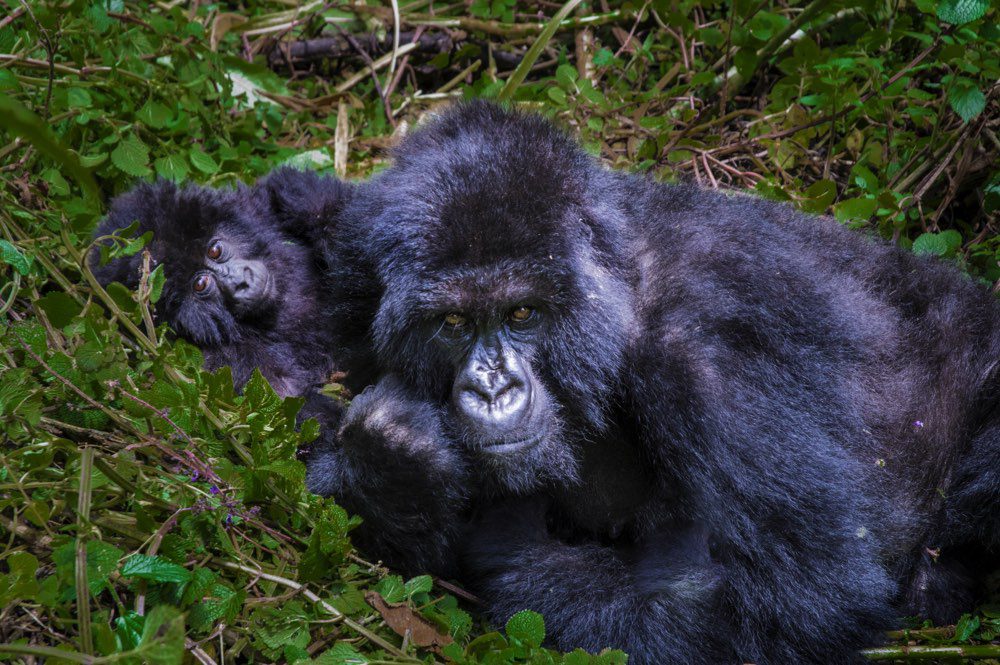
© STEVEN SCHONFELD
It takes about seven days for a team of five to construct a water tank. The owner pays a fee to the cooperative and also helps build the tank. Having invested their own money and time in installing the tanks, owners are more likely to keep them clean and well maintained.
For communities, better access to clean water improves their health and quality of life. Women and girls are freed from the arduous task of fetching water, giving them more time to spend on work or education. Instead of the risk of conflict with wildlife, more people feel they’re benefiting from having mountain gorillas living nearby.
Meanwhile, the Imbere Heza cooperative invests the money made from water tanks in other ventures that benefit both people and wildlife. Recently, for example, it’s invested in community gardens, where local people have been growing potatoes to boost their income.
“We’re excited to have pioneered such a great initiative,” says Benjamin Mugabukomeye from IGCP. “Training local communities to construct water tanks reduces the cost of each tank and supports the community to develop ways to reduce conflict with wildlife. It also helps fight soil erosion in these steep landscapes.”
IGCP is a team effort involving WWF, Conservation International and Fauna & Flora International, as well as the national park authorities in Rwanda, Uganda and the Democratic Republic of the Congo, the three countries where mountain gorillas live.
Thanks to your support, it’s helped to nearly double the mountain gorilla population over the last three decades. Today, there are more than 1,000 mountain gorillas in the wild.
Adopt a gorilla
You can help us continue our work to support local communities and endangered gorillas by adopting a gorilla.
You helped create a new national park in Colombia
Spotters’ guide: signs of spring
“If forests don’t survive, neither will we”
More to explore
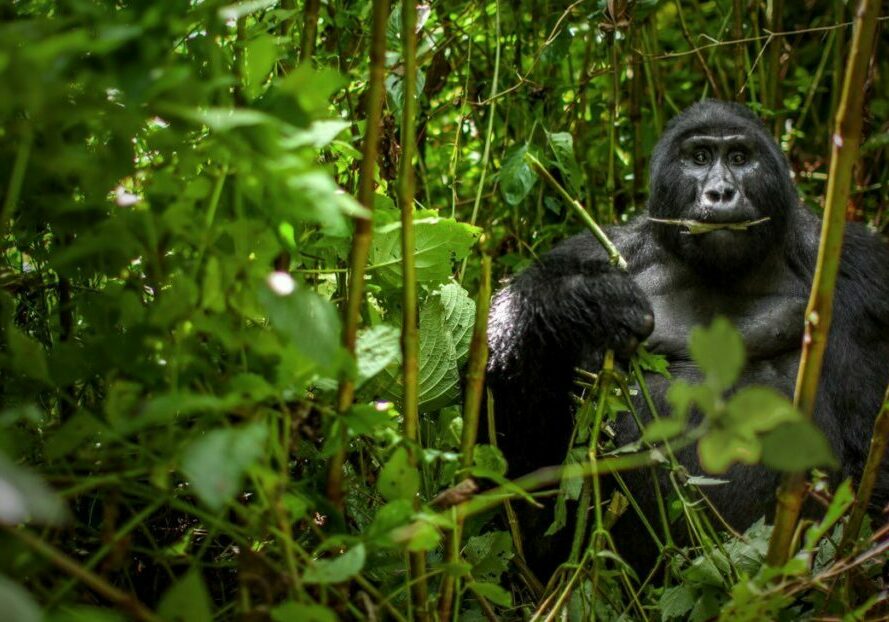
Reducing human-wildlife conflict in Uganda – with onions!
Your support is helping people near a national park in Uganda live alongside neighbouring wildlife – by growing onions
